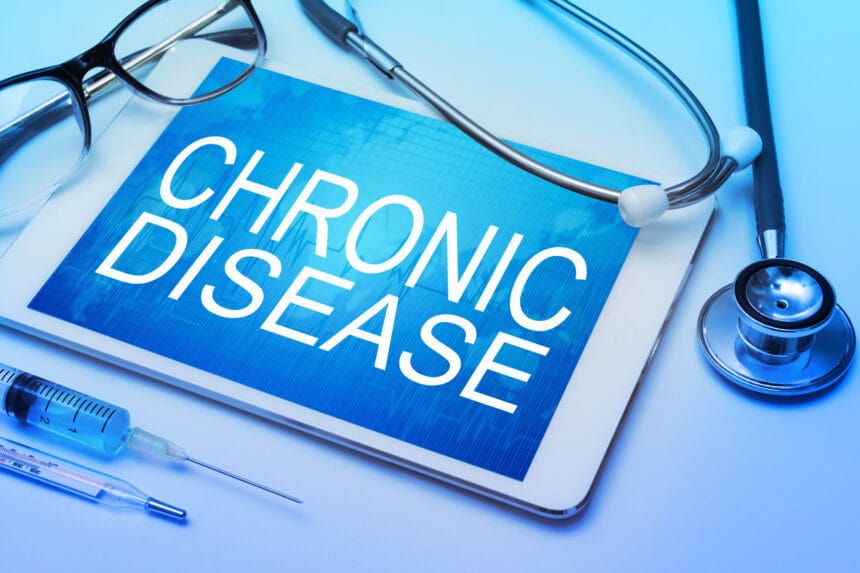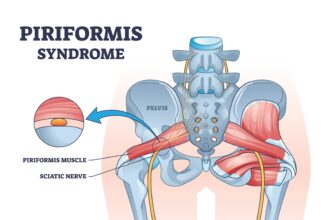Managing chronic diseases, like diabetes, high blood pressure, or heart disease, requires regular medication. For many patients, keeping track of these medications can be challenging, especially when they have to take several different types at specific times each day. Unfortunately, missing doses or taking the wrong amount can make these conditions worse, which is why consistent, accurate medication use is so important.
This is where compliance packaging comes into play. Compliance packaging is a system that organizes medications into packets or blister packs labeled with the exact day and time for each dose. For patients with chronic diseases, compliance packaging can make a huge difference in helping them stick to their medication schedule. It’s a solution designed not just to simplify medication management, but also to support better health outcomes.
Pharmacies can give their patients tools that make it easier to take the right medications at the right times. Let’s look at why compliance packaging is so valuable for chronic disease management and how it works to make life easier for patients.
Why Consistency in Medication is Important for Chronic Disease
For people with chronic diseases, taking medication regularly and correctly is crucial. Chronic diseases often require long-term treatment, and even small breaks in medication can lead to complications. For example, if a person with diabetes forgets their insulin dose, it could lead to high blood sugar, which can cause serious health problems over time. Similarly, a person with high blood pressure who misses their medication may experience spikes in blood pressure, increasing their risk for stroke or heart attack.
Consistency in medication helps keep these conditions under control, which improves a patient’s quality of life and reduces the risk of hospitalization. Compliance packaging makes it easier to maintain this consistency, as it takes the guesswork out of remembering doses. Patients don’t have to sort through multiple bottles each day; instead, they have an organized set of doses that guide them every step of the way.
What is Compliance Packaging?
Compliance packaging organizes medications by dose and time. Rather than keeping medications in separate bottles, a pharmacy pre-packages each dose in a single blister pack, packet, or pouch. Each dose is clearly labeled with the exact time and day it should be taken. For example, one blister might say “Monday Morning” while another says “Monday Evening.” This way, patients only need to look at the package to know what to take and when to take it.
This kind of packaging is particularly helpful for patients with complex medication schedules, such as those who have to take multiple pills at different times each day. Compliance packaging is available in various formats, such as blister packs, where each pill is in its own bubble, or pouches, where all the pills for one dose are placed in a single packet.
How Compliance Packaging Helps Patients
Compliance packaging offers many benefits that support better health outcomes and a more manageable routine for patients:
- Reduces Medication Errors: It’s easy for patients to mix up their pills or forget which medications they’ve already taken, especially when they have multiple prescriptions. Compliance packaging separates each dose by time and day, helping to eliminate confusion and reduce the chances of errors.
- Supports Adherence to Treatment Plans: When doses are organized and easy to follow, patients are more likely to take their medication correctly and consistently. Compliance packaging is designed to make it as simple as possible for patients to stick to their treatment plans.
- Offers Convenience and Peace of Mind: For patients with chronic illnesses, remembering every dose can be stressful. Compliance packaging takes this stress away by clearly indicating each dose, providing reassurance for both patients and caregivers that medication is being managed properly.
For patients managing complex conditions, compliance packaging can be a valuable tool in building a reliable medication routine. It allows patients to take their medications with confidence, knowing they are following their doctor’s instructions accurately.
Helping Caregivers Support Loved Ones
Many patients with chronic diseases rely on caregivers for support, whether it’s family members, friends, or professional healthcare providers. Compliance packaging is also beneficial for these caregivers, as it allows them to monitor medication use without having to remember multiple schedules. Caregivers can simply check the package to ensure the patient has taken the necessary dose.
For patients with memory issues, like those with Alzheimer’s or dementia, compliance packaging is a way to ensure they get the right medication without having to rely solely on memory. Caregivers feel a sense of relief knowing the medication is organized and easy to follow, which also helps reduce the chances of hospital visits or health emergencies due to missed doses.
Benefits for Pharmacies
Automated compliance packaging doesn’t just help patients; it’s also a game-changer for pharmacies. By offering compliance packaging, pharmacies provide an extra service that helps them build stronger relationships with their patients. Patients appreciate the convenience and ease of compliance packaging, and it can become a reason for them to choose a particular pharmacy over another.
Automated systems can quickly fill compliance packages with accuracy, making it easier for pharmacies to serve patients with complex medication needs efficiently. This allows pharmacy staff to focus on other important tasks, like patient counseling and personalized care, while reducing the risk of dispensing errors.
Types of Compliance Packaging Solutions
- Blister Packs: Blister packs separate doses into individual bubbles, clearly labeled with the day and time. Patients can easily pop out each dose, making it a convenient option for those with busy schedules.
- Pouch Packaging: In pouch packaging, each dose is placed in a small packet labeled with the time and day. Patients can simply tear open a packet when it’s time for their medication, making it a great option for those with complex schedules.
- Customizable Options: Our solutions can be customized to fit the unique needs of each pharmacy and patient, ensuring that the packaging format aligns with their preferences and routines.
Conclusion
Compliance packaging plays an essential role in managing chronic diseases. It takes the complexity out of medication schedules, making it easier for patients to follow their treatments accurately. By reducing the chances of missed or incorrect doses, compliance packaging supports better health outcomes and a better quality of life for people with chronic conditions.










